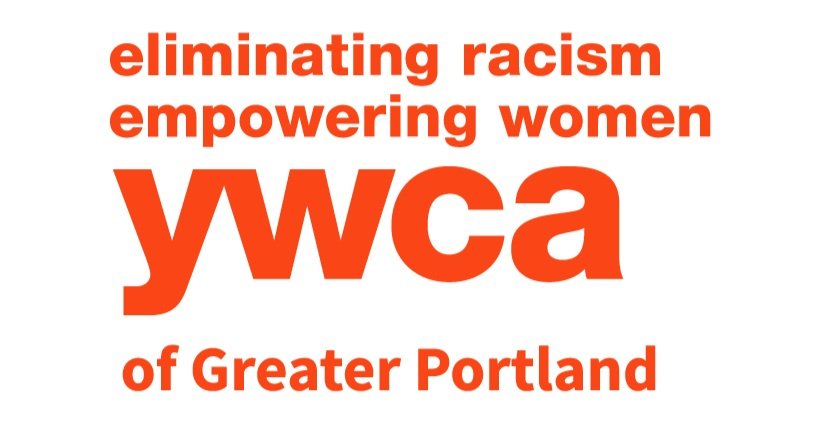COURSE DESCRIPTION
“We live in a post-racial society; racism no longer exists!” We’ve all heard variations of these phrases within our social settings. Understanding that racism is systemic is key to dismantling it. Leading with racial equity means to approach all systems, organizations, groups, and culture with a contextually-racial lens. To acknowledge context, its historical and present impact, as well as contemporary impact. It is crucial to consistently be in the know of how oppressive systems and processes continue to shift and impact Black, Indigenous and People of Color (BIPOC) and their livelihoods.
Learning Goals
In this workshop, participants will delve deeper into understanding racism, its systemic functions, social functions, and its past and current contextual
morphing that has aided in its long-standing existence. Through interactive engagement, participants will reflect on their own experiences and understanding of racism and develop tools to utilize within their personal anti-racist work.
Self-auditing and reflection (within a racial context)
Dismantling racist structures to move towards equitable outcomes
Development and understanding of racial equity analysis
Deeper understanding of racism’s systemic impact
Skill development and exploration of inclusive processes of communication
LOCATION
Online via Zoom
PRICING AND REGISTRATION
For any questions regarding registration, our sliding scale, work-trade opportunities or accessibility needs, please contact Christina at christinaf@ywcapdx.org or Shay at shayb@ywcapdx.org, or (503) 294-7395
ACCESSIBILITY
This class will be held online via Zoom. Please contact us to let us know if you need specific accommodations.
VIRTUAL CLASSROOM TIPS
Thanks for joining us online! Here are some suggestions for getting the most out of this workshop:
Mute your microphone. To help keep background noise to a minimum, make sure you mute your microphone when you are not speaking. When your microphone is not muted, avoid activities that could create additional noise.
Engage with the class. These are intended to be workshops, not webinars! Please come ready to engage and participate, and help build community within the “classroom.” Not everyone is able to participate via webcam, but if you are able, we ask that you do so as much as possible.
Limit distractions and avoid multi-tasking. You can make it easier to focus on the meeting by turning off notifications, closing or minimizing running apps, and muting your smartphone. You’ll retain the discussion better if you refrain from replying to emails or test messages during the meeting and wait until after the workshop ends.
Help us improve our program! Each workshop will have a brief survey sent out. All results are anonymous and help us continuously improve our program.
Take notes. Our facilitators’ own their presentation material so it is not a requirement for the presentation to be shared afterwards.
Need an accommodation? Email us so we can create an ideal learning environment for you. sjp@ywcapdx.org
GROUP PARTICIPATION FRAMEWORK & AGREEMENTS
While guidelines and expectations will vary from workshop to workshop, most of these apply to a typical workshop session:
One speaker at a time. When one person talks, everyone else listens.
Community wisdom. Nobody knows everything, together we know a lot.
Take space & give space. Be mindful of how much you’re participating in the discussion.
Intent vs. impact. Before sharing, consider how what you say will affect others in the group.
Confidentiality. Details shared in the class stay in the class, but what’s learned goes with you.
Active participation. In this environment, it’s better to be open and imperfect than worry too much about being overly articulate.
Embrace discomfort and expect non-closure. Learning and growth can be stressful, do your best to hold space for those feelings.
ADDITIONAL DETAILS
Recording. These sessions are designed to be interactive workshops rather than webinars, and as such are NOT recorded. Presentation materials (Powerpoint, handouts, etc.) are typically available.
Time Zone. We’re located in Portland, Oregon and so all workshop times listed are Pacific.
PRESENTER
Presented by Ruby Joy White
Ruby Joy White (Prince|they\she) (b.1988, Denver, CO) is of generationally-mixed Black American and Afro-Caribbean descent. A self-prescribed NERD, they are sapphically-inclined, gender queer, neurodivergent, and considers themself to be half creative, half sociologist. Ruby is a writer of creative essays, fictional stories, and think pieces, and their sociological practice lies in the realms of family systems/violence, domestic violence and sexual assault advocacy, dynamics of poverty, and social equity. In creative execution, Ruby aims to curate vibrant experiences that aim to transport those engaged into realms that connect the soul to the beauty and intersections of personhood. A HUGE Selena Quintanilla-Perez and Degrassi: The Next Generation fan, Ruby is a flower, plant, and water lover, an out-of-practice violinist, a bookworm, dog parent, lover of cats and chickens, a lifelong student of somatics and healing, believer of love, and an astrological-walking-contradictory mix of a Sagittarius Sun, Scorpio Moon, and Libra Rising (wild). On the day to day, you can catch Ruby reading and writing, making Mama’s greens, watching Anime and kung fu, listening to Drake or a movie score, designing aesthetics, playing Nintendo Switch, singing karaoke, swimming, painting on wood, and storming up probing conversations on identity, relationships, and healing. Ruby sits on the Contemporary Art Council Board at the Portland Art Museum, the Hey Doc Clinic Advisory Council, and is a member of the Ours Truly Collective. When she ain’t doing a thousand and one side hustles, Ruby 9 to 5s it as the Director of Culture and Community at Portland’s Centers for the Arts.
Contact Us
Email: Shay at shayb@ywcapdx.org, or
Phone: (503) 294-7395

